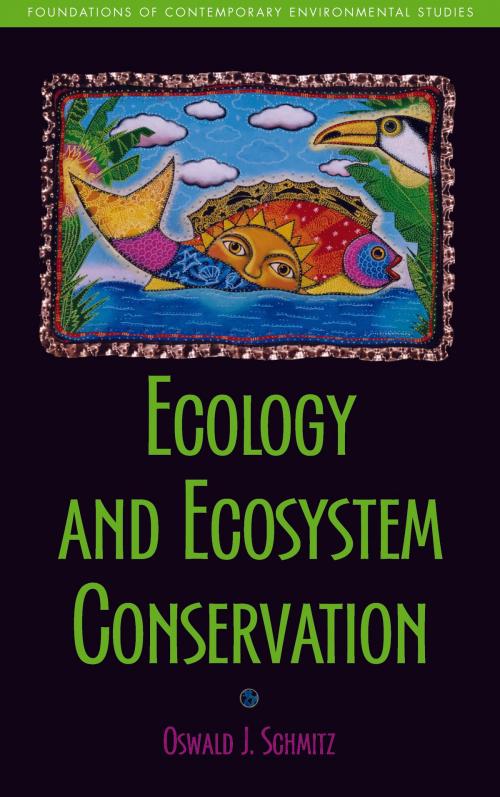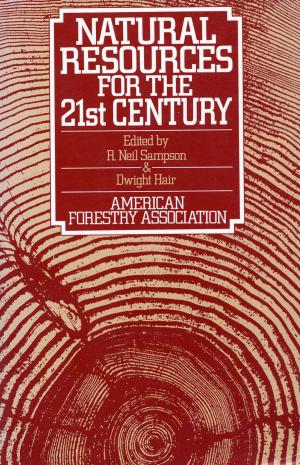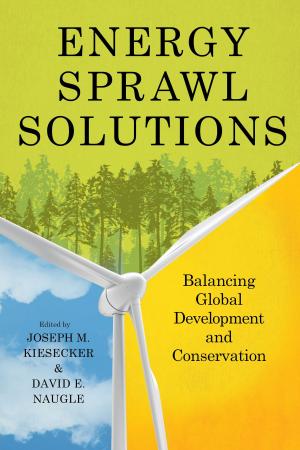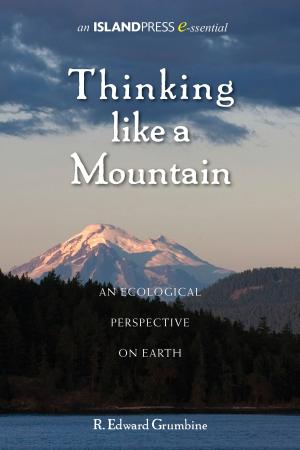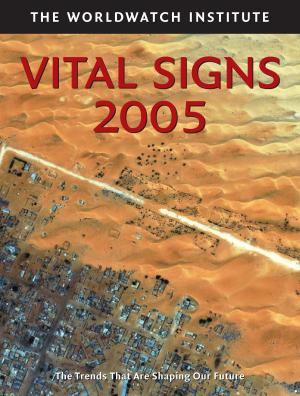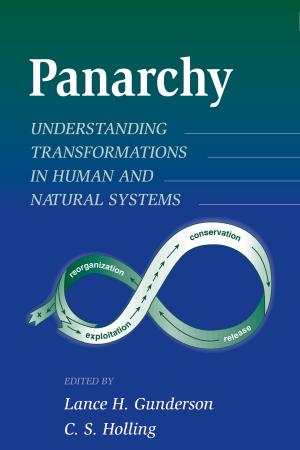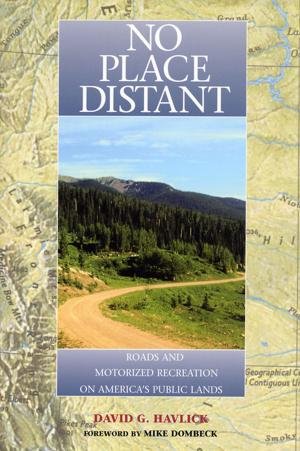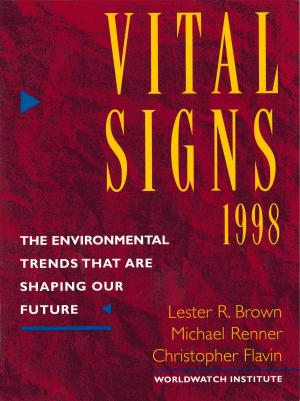Ecology and Ecosystem Conservation
Nonfiction, Science & Nature, Science, Biological Sciences, Ecology, Environmental Science| Author: | Oswald J. Schmitz | ISBN: | 9781597265980 |
| Publisher: | Island Press | Publication: | January 23, 2007 |
| Imprint: | Island Press | Language: | English |
| Author: | Oswald J. Schmitz |
| ISBN: | 9781597265980 |
| Publisher: | Island Press |
| Publication: | January 23, 2007 |
| Imprint: | Island Press |
| Language: | English |
Meeting today’s environmental challenges requires a new way of thinking about the intricate dependencies between humans and nature. Ecology and Ecosystem Conservation provides students and other readers with a basic understanding of the fundamental principles of ecological science and their applications, offering an essential overview of the way ecology can be used to devise strategies to conserve the health and functioning of ecosystems.
The book begins by exploring the need for ecological science in understanding currenvironmental issues and briefly discussing what ecology is and isn’t. Subsequchapters address critical issues in conservation and show how ecological science can be applied to them. The book explores questions such as:
• What is the role of ecological science in decision making?
• What factors govern the assembly of ecosystems and determine
their response to various stressors?
• How does Earth’s climate system function and determine the
distribution of life on Earth?
• What factors control the size of populations?
• How does fragmentation of the landscape affect the persistence
of species on the landscape?
• How does biological diversity influence ecosystem processes?
The book closes with a final chapter that addresses the need not only to understand ecological science, but to put that science into an ecosystem conservation ethics perspective.
Meeting today’s environmental challenges requires a new way of thinking about the intricate dependencies between humans and nature. Ecology and Ecosystem Conservation provides students and other readers with a basic understanding of the fundamental principles of ecological science and their applications, offering an essential overview of the way ecology can be used to devise strategies to conserve the health and functioning of ecosystems.
The book begins by exploring the need for ecological science in understanding currenvironmental issues and briefly discussing what ecology is and isn’t. Subsequchapters address critical issues in conservation and show how ecological science can be applied to them. The book explores questions such as:
• What is the role of ecological science in decision making?
• What factors govern the assembly of ecosystems and determine
their response to various stressors?
• How does Earth’s climate system function and determine the
distribution of life on Earth?
• What factors control the size of populations?
• How does fragmentation of the landscape affect the persistence
of species on the landscape?
• How does biological diversity influence ecosystem processes?
The book closes with a final chapter that addresses the need not only to understand ecological science, but to put that science into an ecosystem conservation ethics perspective.
